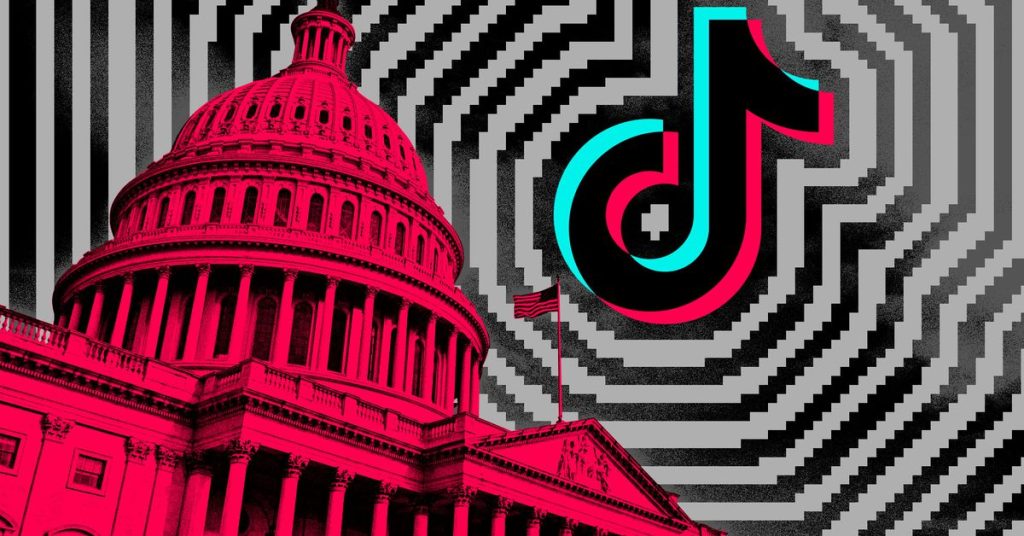House Passes Bill to Ban TikTok Amid National Security Concerns
The U.S. House of Representatives has reignited the debate over banning TikTok by passing a bill that aims to address national security risks posed by the popular social media app. The legislation, which was approved by the House Energy and Commerce Committee with unanimous support, seeks to mitigate the potential threat of Chinese law compelling TikTok’s parent company to share sensitive information about U.S. users.
Former President Trump’s Surprising Stance
Interestingly, former President Donald Trump, who had previously advocated for a TikTok ban, has now reversed his position. In a post on his social media platform, Truth Social, Trump argued that banning TikTok would only benefit rival company Meta. This shift in stance has added an unexpected twist to the ongoing debate.
Free Speech Concerns and Legal Challenges
The proposed ban has faced opposition from free speech organizations like the American Civil Liberties Union (ACLU), which argues that the bill would effectively suppress speech, even if it doesn’t explicitly regulate content. The ACLU pointed to a previous federal court ruling that blocked a similar ban attempt by the Trump administration.
“It takes no position at all on the content of speech, only foreign adversary control.”
Rep. Mike Gallagher (R-WI), who introduced the legislation, emphasized that the bill focuses solely on foreign adversary control and cannot be used against American social media companies or individual users.
Concerns from Both Sides of the Aisle
Despite the bill’s advancement, opponents from both political parties have expressed concerns about its effectiveness and potential consequences. Some fear that the bill may be an inadequate solution to genuine national security issues while also infringing upon free speech and expanding governmental power.
Rep. Thomas Massie (R-KY) cautioned against granting the president excessive authority to control what Americans can access on their devices. Similarly, Rep. Sydney Kamlager-Dove (D-CA) raised concerns about the bill’s impact on content creators and businesses who rely on TikTok for their livelihoods.
TikTok’s Response and Previous Efforts to Ban the App
TikTok spokesperson Michael Hughes criticized the bill’s advancement process as “secret” and accused lawmakers of rushing to enact a ban without proper consideration. Hughes expressed hope that the Senate would take into account the economic impact on small businesses and the millions of American users who rely on the platform.
This latest effort to ban TikTok follows previous attempts that gained momentum in March 2022 with the introduction of the RESTRICT Act. However, those efforts eventually lost steam, and the act was replaced by a new framework to assess the national security risks associated with such apps.
As the debate continues, it remains to be seen whether the current bill will gain sufficient support in the Senate and whether a ban on TikTok will ultimately be implemented in the United States.

2 Comments
The US government’s attempt to ban TikTok is a clear violation of free speech and a blatant attack on our personal freedoms!
The US government is overstepping its bounds by trying to ban a popular app like TikTok, setting a dangerous precedent for censorship and control over our digital lives